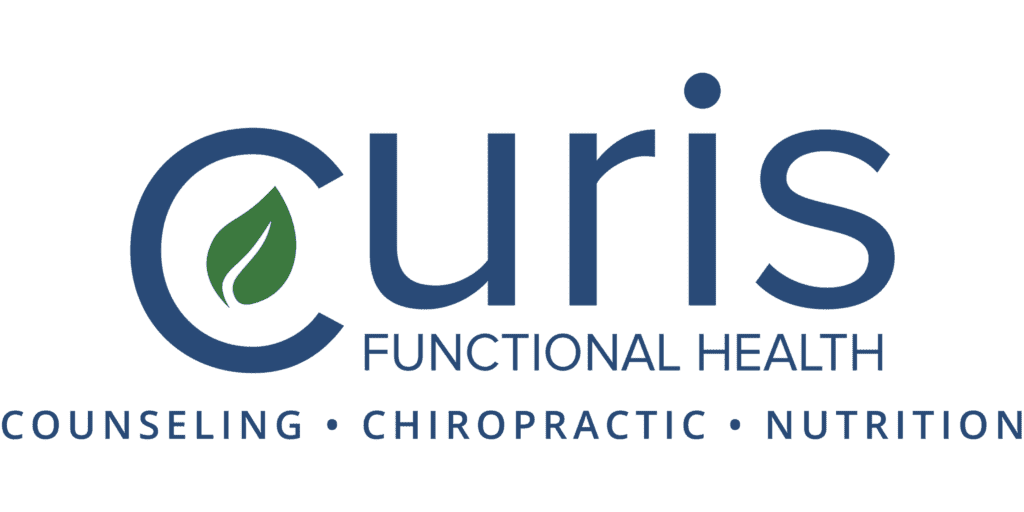We all know that nutrition plays an essential role in physical health, but did you know that the food you eat can also have a significant impact on your mental health? Research has shown that the foods we consume can influence our mood, cognitive function, and overall mental well-being. In this blog, we will explore the relationship between nutrition and mental health and provide you with practical tips for maintaining a healthy and balanced diet to support your mental health.

The Link Between Nutrition and Mental Health
The foods we eat provide the building blocks for our bodies and brains. The nutrients we consume can affect the production of neurotransmitters, hormones, and other chemicals in the brain that are essential for healthy mental functioning. A diet high in processed foods, sugar, and unhealthy fats has been linked to an increased risk of depression, anxiety, and other mental health disorders. On the other hand, a diet rich in whole foods, fruits, vegetables, and healthy fats has been shown to improve mood, cognitive function, and overall mental health.

Nutrients That Support Mental Health
Certain nutrients have been shown to be particularly beneficial for mental health. These include omega-3 fatty acids, B vitamins, magnesium, and zinc. Omega-3 fatty acids, found in fatty fish, walnuts, and flaxseeds, have been linked to improved mood and cognitive function. B vitamins, found in whole grains, nuts, and leafy greens, are essential for the production of neurotransmitters and can help reduce symptoms of depression and anxiety. Magnesium, found in nuts, seeds, and leafy greens, can help reduce stress and improve sleep. Zinc, found in oysters, red meat, and legumes, has been linked to improved mood and cognitive function.

Tips for Maintaining a Healthy Diet to Support Mental Health
Maintaining a healthy and balanced diet is essential in supporting your mental health. Here are some tips to help you get started:
- Eat a variety of whole foods including fruits, vegetables, whole grains, and lean proteins.
- Limit your intake of processed foods, sugar, and unhealthy fats.
- Include omega-3 fatty acids, B vitamins, magnesium, and zinc-rich foods in your diet.
- Stay hydrated by drinking plenty of water throughout the day.
- Consider incorporating probiotics, found in yogurt, kefir, and fermented foods, into your diet to support gut health and improve mood.

Seeking Professional Help
While nutrition can play a significant role in supporting mental health, it is essential to seek professional help if you are struggling with a mental health disorder. A mental health professional can help you develop a comprehensive treatment plan that includes therapy, medication, and lifestyle changes, including diet and exercise.

Conclusion
The food we eat can have a significant impact on our mental health. By maintaining a healthy and balanced diet that includes whole foods, fruits, vegetables, and healthy fats, we can support our mental well-being. Remember, seeking professional help is essential if you are struggling with a mental health disorder. A mental health professional can help you develop a comprehensive treatment plan that includes lifestyle changes, including diet, to support your mental health. Check out the Curis Nutritionists and Mental Health Providers to find the right fit for you!
Learn more about getting connected with one of our Functional Nutritionists or one of our Mental Health Therapists at Curis Functional Health.




